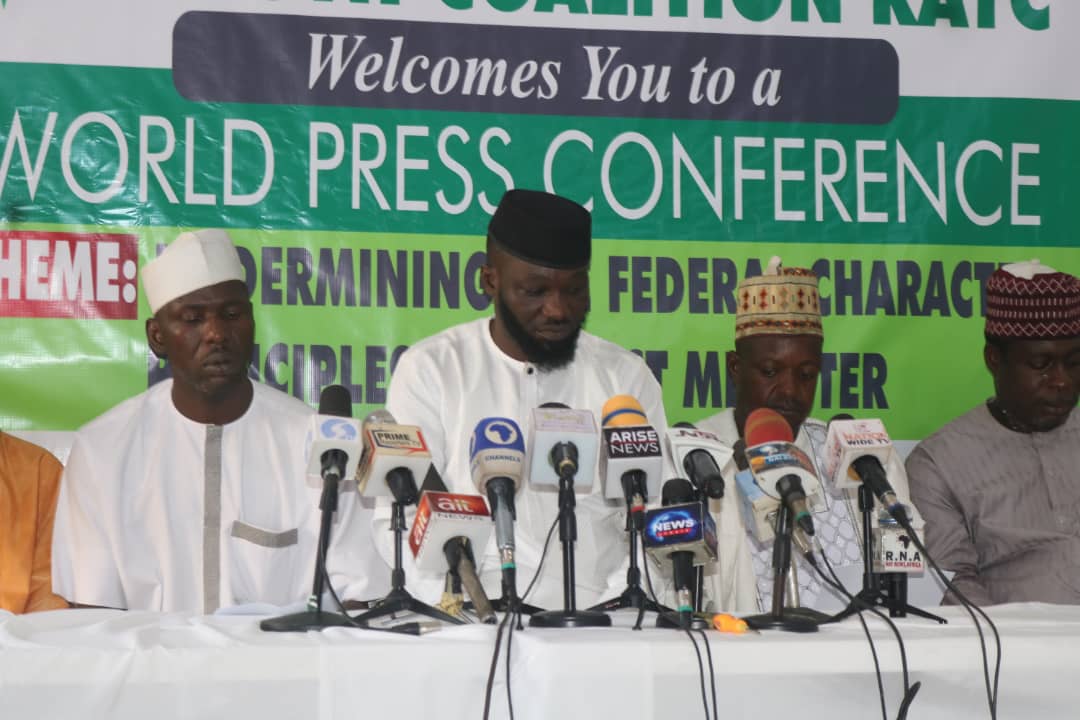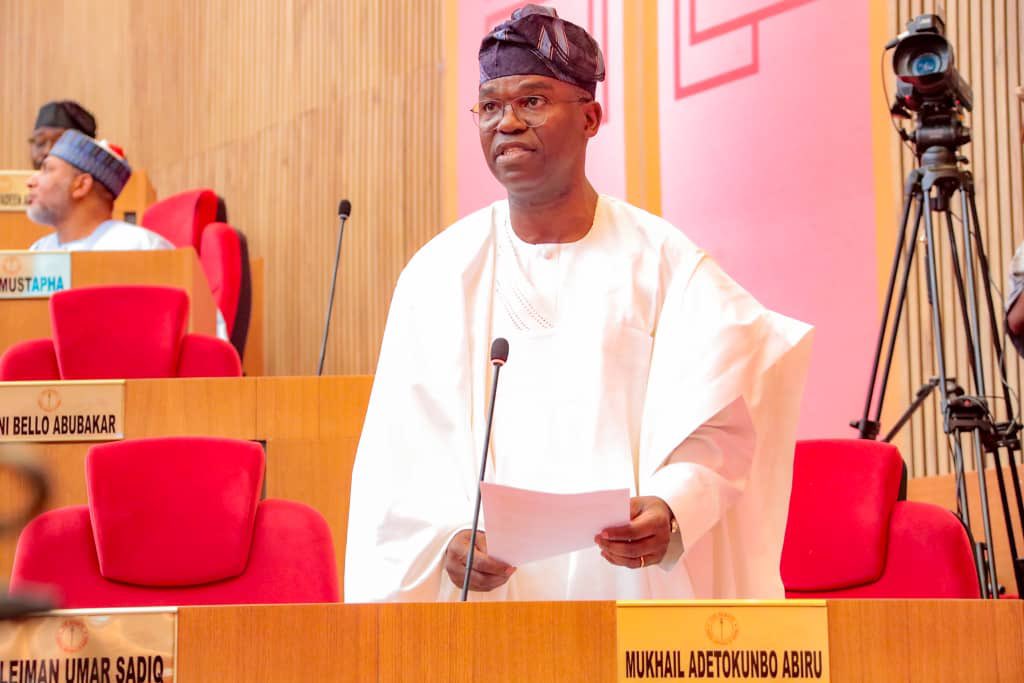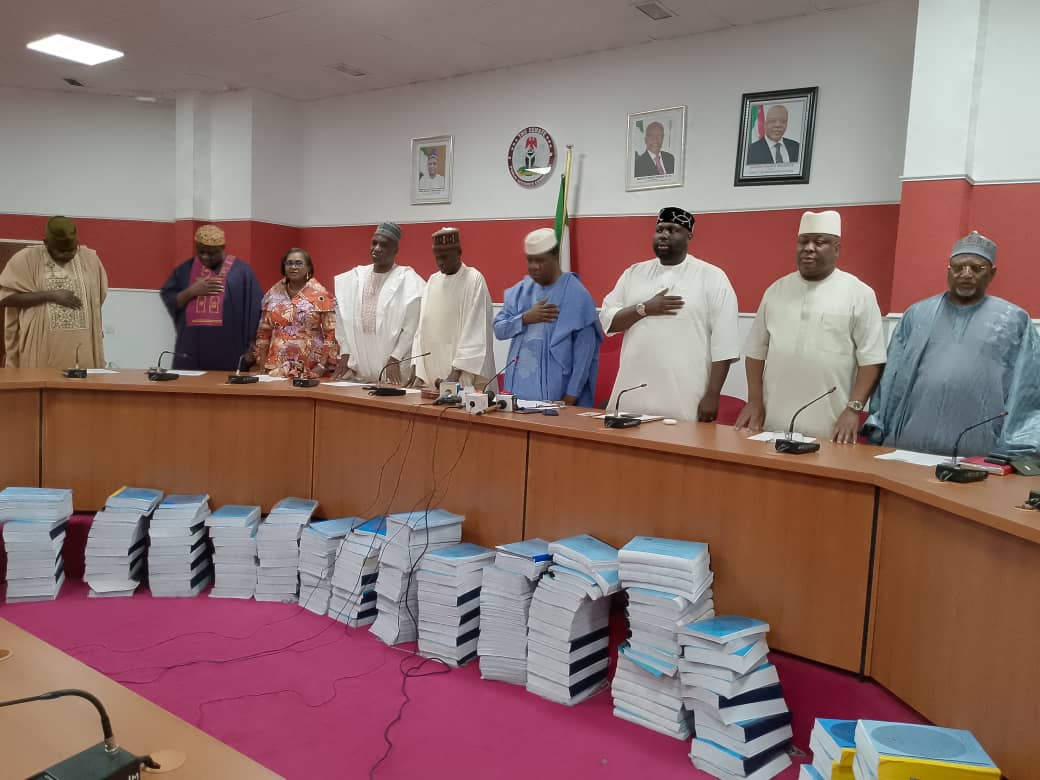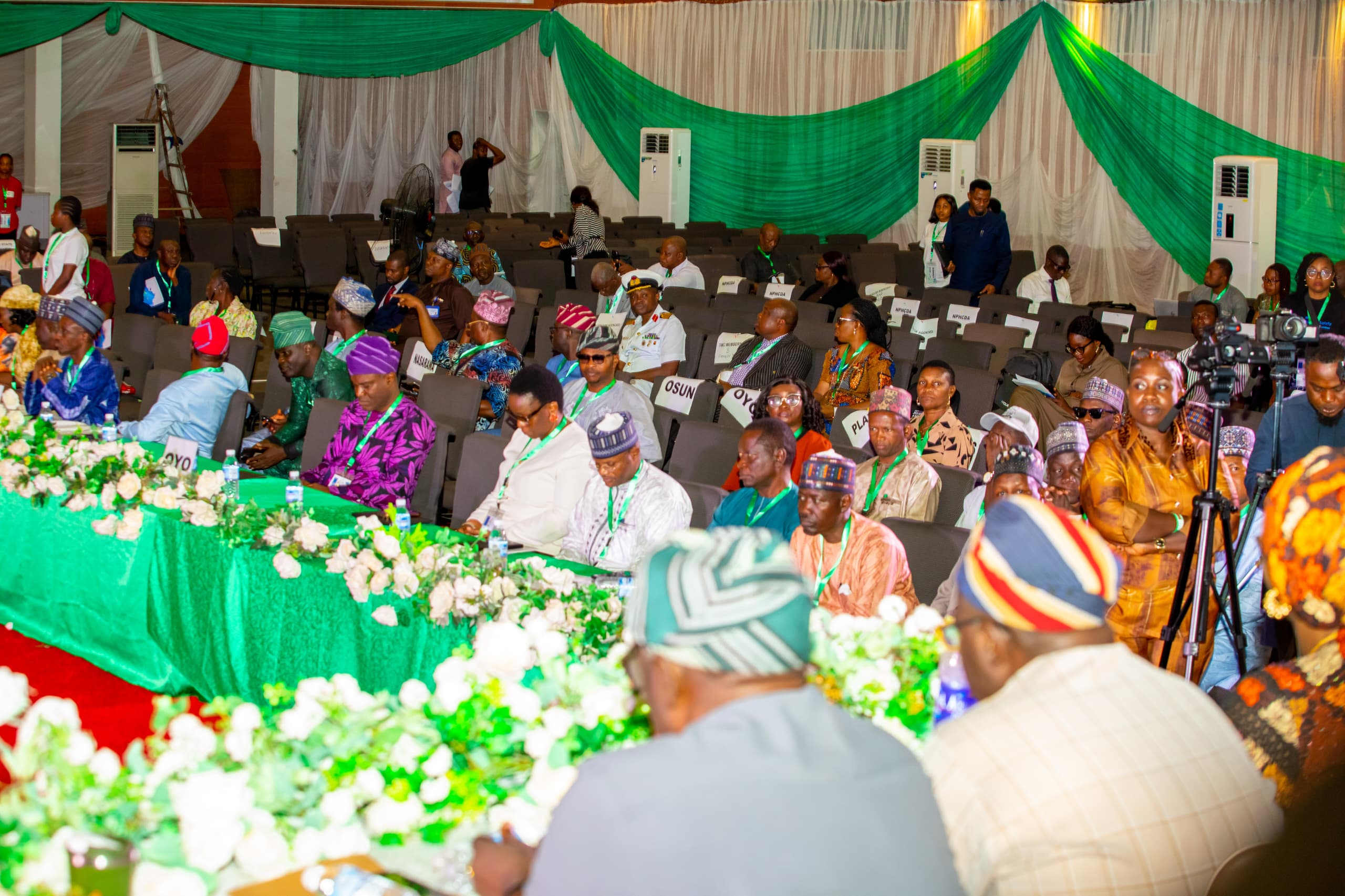“Everything Is Wrong”: Security most pressing issues in Nigeria today, summits alone won’t solve it – Senator Ningi emphasizes
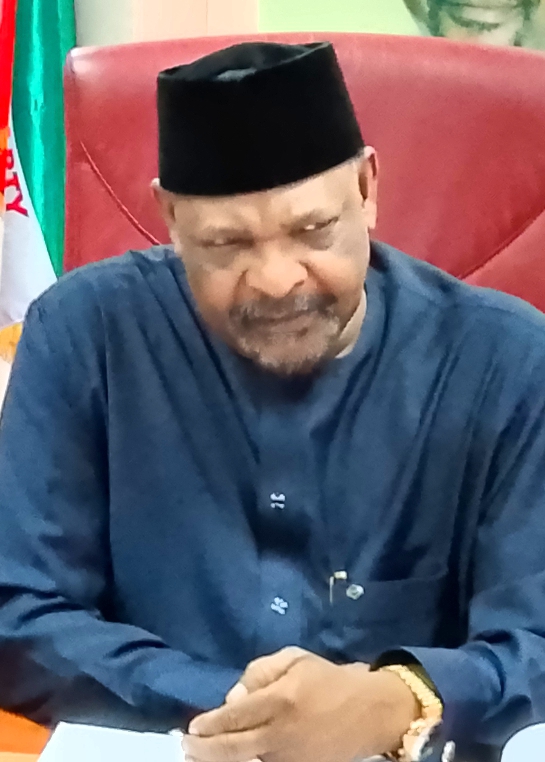
By Fatima Saka
Abuja, Nigeria — Senator Abdul Ahmed Ningi, former Deputy Majority Leader of the Nigerian Senate and representative of Bauchi Central, has issued a blistering critique of Nigeria’s national security strategy, dismissing recent proposals for a new security summit as “a waste of time” unless backed by genuine oversight and accountability.
In an exclusive interview on Wednesday, Ningi responded to a motion by Senator Jimoh Ibrahim (Ondo South), who sponsored the National Security Summit currently under consideration by the Senate.
While commending Ibrahim’s initiative, Ningi warned that symbolism without substance would only perpetuate the crisis.
“I commend the mover of the motion for raising the issue,” he said. “Security is the most pressing concern in Nigeria today, but summits alone won’t solve it.”
Ningi, a member of the opposition People’s Democratic Party (PDP), voiced deep frustration over Nigeria’s deteriorating security landscape—from insurgency in the northeast to rampant kidnappings and banditry nationwide.
“There’s a proposal, yes. But what has changed since the last summit?” he asked. “For nearly two years, the Senate has debated security almost monthly. Where is the impact?”
He recalled the 9th Senate’s security summit, which, in his view, yielded no tangible results. He emphasized that without strong parliamentary oversight and accountability, even the best intentions would fail.
Quoting Sections 11 and 80 of the Nigerian Constitution, Ningi reminded colleagues that the National Assembly already holds the power to act decisively on national security through budgetary and oversight mechanisms.
“We have five different security committees. What have they uncovered in their oversight visits? To my knowledge—nothing. That’s unacceptable.”
The senator also questioned the underuse of the Super Tucano fighter jets acquired for nearly $1 billion in loans, citing U.S. restrictions on their deployment.
“If we knew there were limitations, why did we buy them? They’re effective in Ukraine and Afghanistan. They could have made a difference here.”
He decried the lack of transparency in military procurement and demanded investigations into those who signed the purchase agreements.
“We must interrogate those decisions. That’s our job as lawmakers.”
Ningi painted a grim picture of nationwide insecurity, pointing to emerging threats in the Kogi-Oyo corridor and within the Federal Capital Territory, where he claimed armed groups like the Mamudawa are gaining ground.
“We’re losing servicemen daily. Our soldiers are overwhelmed, under-equipped, and outgunned. Even in the National Assembly, we can’t speak freely about security—it’s too sensitive. And yet we think a summit will solve this?”
He proposed that the National Assembly’s security committees first conduct thorough investigations and submit reports before any service chiefs are summoned for questioning.
“Let them explain the budgets—how much was released, and what it was used for. Soldiers are telling us they’re incapacitated. That’s the truth.”
Ningi warned that armed groups are exploiting Nigeria’s ethnic and religious divisions, and called for unity.
“When Christians are killed, some say it’s not their problem. When Muslims are killed, others say the same. But these are human beings. We are Nigerians first.”
Asked what he would do if in charge of national security, he called for merit-based appointments.
“We need the best minds—people like General Victor Malu. The current leadership may be decent men, but I doubt they have what it takes to rescue this country.”
READ ALSO: Kanu’s Family Condemns Media for Misrepresenting Court Proceedings, Demands Live Streaming of Trial
FG Commissions 3,200MLD Gashua Water Project to Serve Over 1 Million Residents in Yobe
He ended with a sobering warning: “If we continue like this, it won’t matter whether you’re in Abuja or Zamfara. The insecurity will catch up with all of us. We’re simply not telling ourselves the truth.”
Senator Ningi’s comments have since gone viral, igniting a national conversation and mounting pressure on both the executive and legislative arms to take urgent, transparent action.


